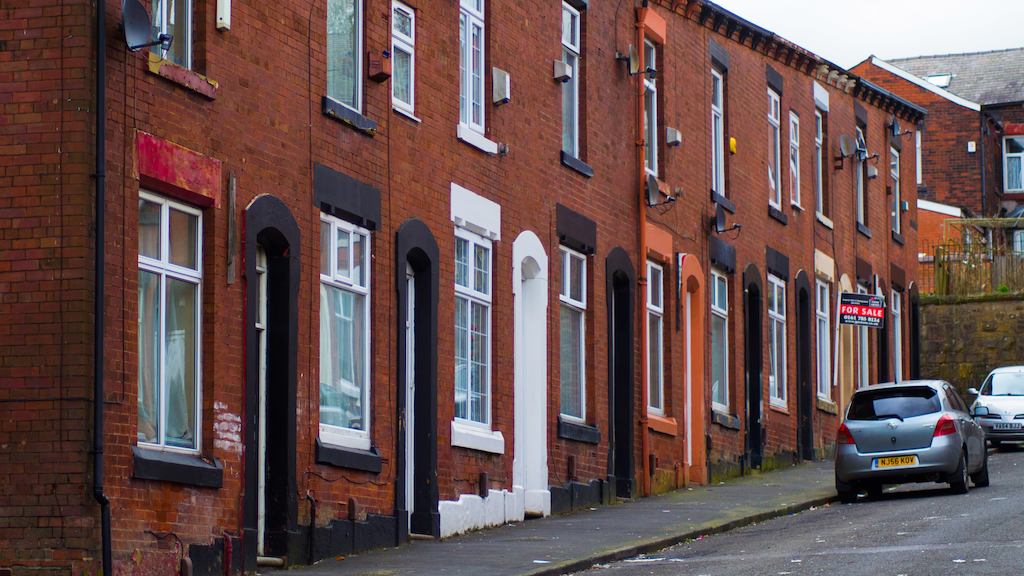For every pound that we spend, we can hit multiple targets across the board. Crucially for policy makers, it is something tangible that the public can understand. More than 2 million older people suffer physical and mental ill health, and even death, as a consequence of living in a substandard and non-accessible home. Policymakers can tackle these issues directly, whilst meeting their objectives to grow the economy, improve the country's health and wellbeing and make progress towards Net Zero.
There are a number of policy levers that the government can pull to achieve this.
England’s national agency for housing, Homes England, has a strategic objective to build new homes but nothing about funding improvement to existing stock. Building on the work of the Centre for Ageing Better, we should put in place Good Home Hubs around the country, to provide a one-stop shop for people to access support for fixing their homes.
A robustly enforced Decent Homes Standard could also unlock investment into improving private-rented housing. Finally, targeted investment to the most vulnerable and working with social investors to access new forms of finance could make limited public money go further.
As our briefings show, we do not lack ideas on how we can tackle this problem, we just need policy makers to give this agenda a real push.
There is rightly considerable focus in the policy debate on the need to build more homes. However, we must not take our eyes off the other side of the housing crisis, the need to fix the homes we have already built. More than four in five of the homes that we are going to live in by 2050 have already been built, so we cannot afford to duck this issue.
Any housing policy agenda that lacks plans to fix existing poor quality housing is ignoring a big part of the challenge.

